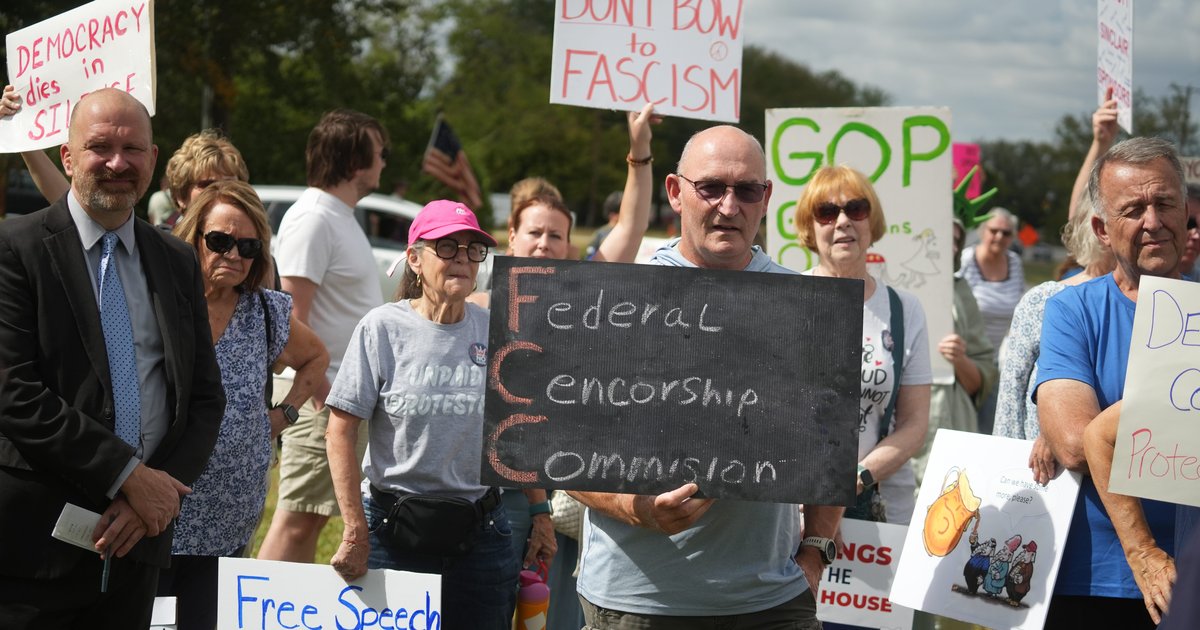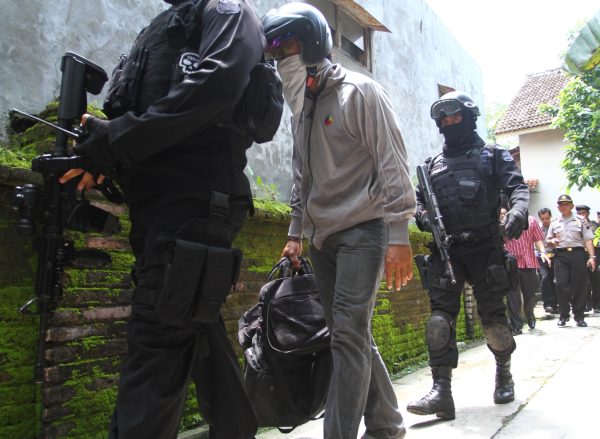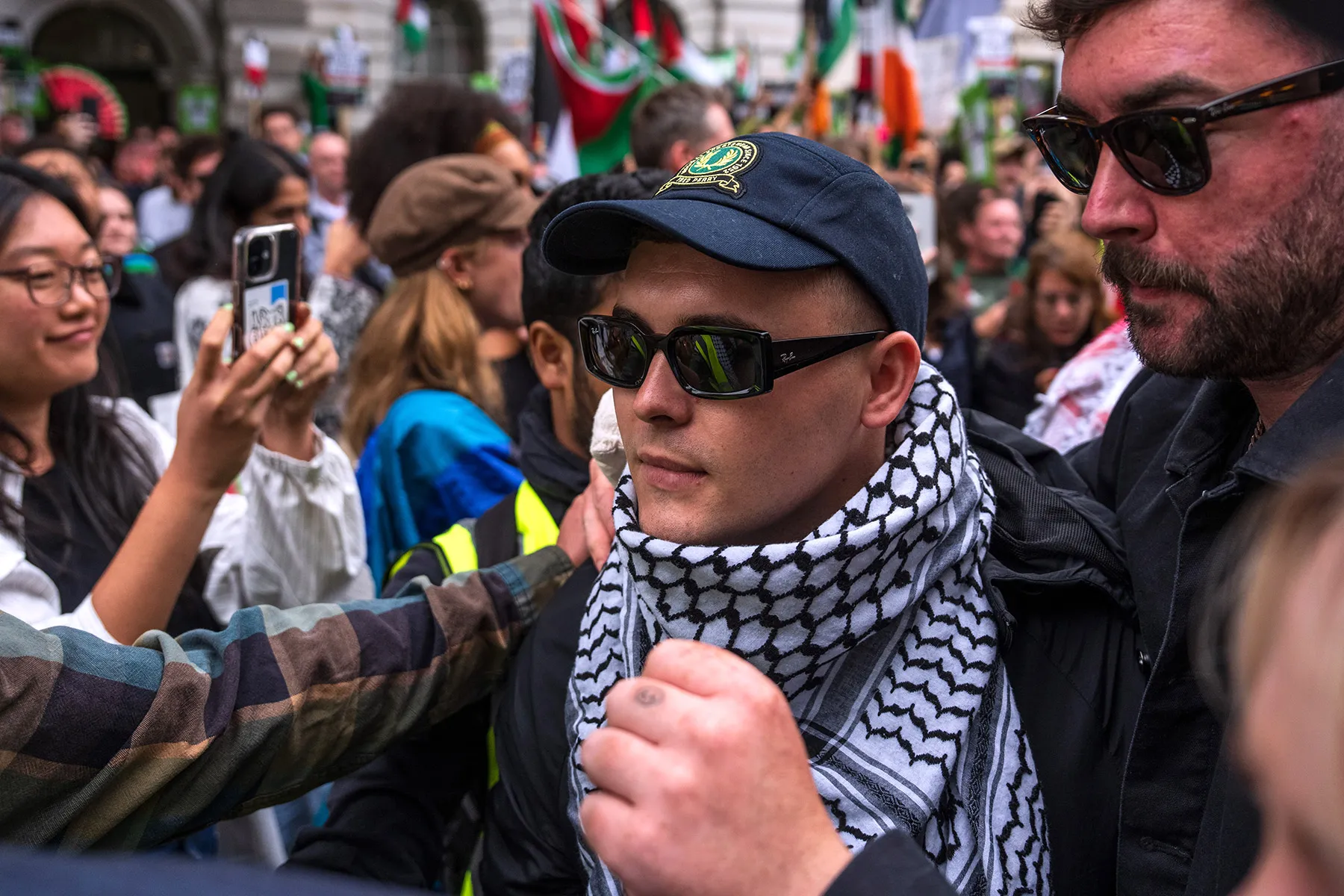By Michaela Althouse
Copyright phillyvoice

The return of comedian Jimmy Kimmel’s late-night show following its nearly weeklong suspension is a victory for free speech advocates, but it’s far from the end of the fight between media and the Trump administration, a University of Pennsylvania communications professor said.
“I don’t think for a second we should take the lesson that maybe things aren’t as bas as we feared — justice prevailed,” said Victor Pickard, who’s the co-director of the Media, Inequality & Change Center. “This is just one development in what’s promising to be an ongoing struggle. There are no signs that (Federal Communications Commission) Chairman Brendan Carr and the Trump administration, in general, have been chastened by this.”
In response to Kimmel’s comeback, President Donald Trump has already threatened to sue ABC. “He is yet another arm of the DNC and, to the best of my knowledge, that would be a major Illegal Campaign Contribution,” Trump wrote on Truth Social. “I think we’re going to test ABC out on this.”
Last week, Disney-owned ABC suspended Kimmel for his criticisms of some Trump supporters following the death of conservative activist Charlie Kirk, who was fatally shot Sept. 10 while speaking at a college campus. Kimmel said the “MAGA gang” attempted to characterize the shooter “as anything other than one of them and doing everything they can to score political points from it.”
Carr took issue with Kimmel’s comments and appeared on a podcast to urge ABC affiliate stations not to air the program, stating “we can do this the easy way or the hard way.” Following those remarks, Nexstar Media Group and Sinclair Broadcast Group, which own about 70 stations combined in the United States, decided not to broadcast the show to its tens of millions of viewers.
There was also an important context to the Nexstar’s decision: It’s currently seeking approval from the FCC for a $6.2 billion merger with Tegna which, if successful, would create the largest media conglomerate in the country.
For Pickard, Kimmel’s suspension was the symptom of a larger problem that played out in Nexstar bowing to FCC pressure. He said media companies are so reliant on advertising support to generate revenue that it creates a number of leverage points for the government to wield influence over them.
“As much as this, at the surface, was just such an egregious abuse of government — violating freedom of expression, free speech protections and so forth — it also stemmed from these deeper political economic relationships where ABC immediately heeded the threat and was brought to heel because of these structural vulnerabilities where they were worried these various business pressures that were brought to bear on them would exacerbate,” Pickard said.
The FCC was created in 1934 and was designed as an independent regulatory agency. Pickard said there were moments in history where past presidents have tried to get the FCC to do something, but he thinks the relationship between Trump and Carr is unprecedented. He said there has never before been an FCC chairman that seemed to be acting so clearly on the president’s behalf, including rewarding allies, punishing perceived enemies and shaking down media corporations.
In Kimmel’s opening monologue Tuesday night, he highlighted other instances of the White House pressuring the media, including a defamation lawsuit against the New York Times and the Pentagon’s demand for journalists to sign a pledge to not report anything that hasn’t been explicitly authorized for release. While it’s not as interesting as “muzzling a comedian,” Kimmel said “it’s so important to have a free press, and it’s nuts we’re not paying more attention to it.”
In the case of Kimmel, the comedian was brought back following a boycott campaign against Disney and backlash from Democrats and some Republicans who felt the decision to sideline the host was a clear violation of First Amendment rights. Pickard said that kind of grassroots pressure can break through in the conversation.
“This didn’t just flare up with the Trump administration. These structural vulnerabilities have been there for a very long time,” he said. “We often think of media as something entirely beyond our control and not subject to political discussions and policy decisions. I think we need to keep talking more and more loudly about all these issues and really politicize not just media itself, but those policy decisions that dictate what kind of media system we have.”



